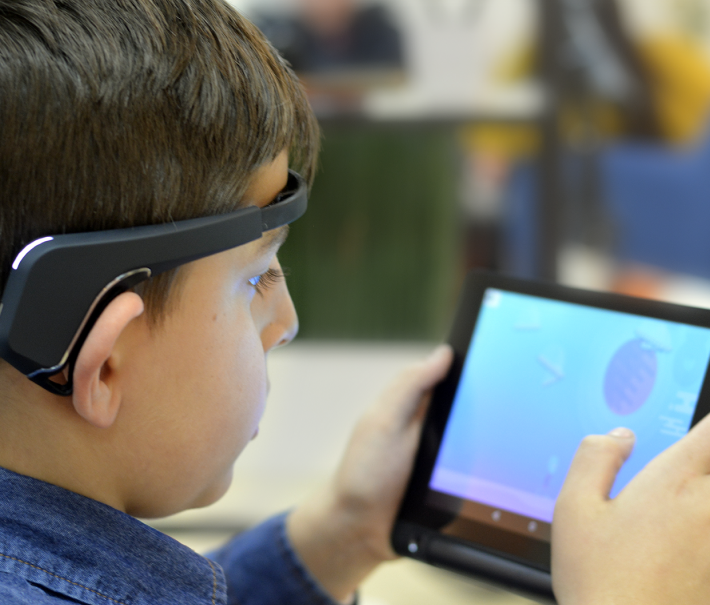Real stories by real people

"Teachers were amazed by Zac's rapid improvement in his behaviour, focus and academic performance."
Zac
This case study focuses on Zac, a 10-year-old boy in grade 5 who was diagnosed with ADHD and oppositional defiant disorder. Despite being recommended medication by a paediatrician, his mother expressed concerns about potential side effects and sought more natural alternatives. With the suggestion of neurofeedback therapy from her GP, Zac began a transformative journey towards improved attention, behaviour, and academic performance.
Background
Zac's initial diagnosis of ADHD and oppositional defiant disorder presented significant challenges in the classroom. His symptoms included poor attention span, impulsivity, behavioural issues, and disorganised writing. To explore non-pharmacological treatment options, Zac's mother decided to pursue neurofeedback therapy based on its success with another client recommended by their GP.
Neurofeedback Sessions
Zac started his neurofeedback sessions after undergoing QEEG brain mapping. The results revealed a high theta:beta ratio, which correlated well with Zac's symptoms. This ratio indicated a lack of focus and impulsivity in his brain patterns.
Progression and Results
Within just a few sessions of neurofeedback therapy, Zac's mother noticed a significant improvement in his overall demeanour as he appeared calmer than before. By the fifth session, Zac's class teacher observed remarkable changes in his writing skills - it became neater and more organised. Additionally, Zac's behavioural issues decreased noticeably. As the sessions continued (reaching the tenth session), both parents and teachers noticed substantial improvements in Zac's reading, writing, and speech abilities. Remarkably, these advancements occurred without any additional learning remediation or interventions apart from neurofeedback therapy. Teachers were amazed by the rapid improvement not only in his behaviour but also in his focus and academic performance. By the fifteenth session, Zac's teacher reported that he was putting more effort into his work, resulting in substantial improvements in his spelling compared to the previous term. Moreover, Zac's ability to handle situations with more patience became evident, and he willingly complied with instructions from both parents and teachers. Surprisingly, Zac took on a mentoring role, counselling his peers on healthier ways to cope with stressful situations.
The Final Progress
By the thirtieth session, Zac had made significant strides academically and behaviourally. His once-troublesome symptoms were now well-managed, allowing him to thrive in the classroom. Neurofeedback therapy had played a pivotal role in Zac's progress, enabling him to overcome his challenges successfully.
Conclusion
This case study highlights the transformative impact of neurofeedback therapy on a 10-year-old boy diagnosed with ADHD and oppositional defiant disorder. Zac's remarkable progress included improved behaviour, increased focus, enhanced academic performance, and the development of essential life skills such as patience and empathy. Neurofeedback therapy proved to be an effective alternative for Zac and offers hope for other individuals seeking natural interventions for similar conditions.